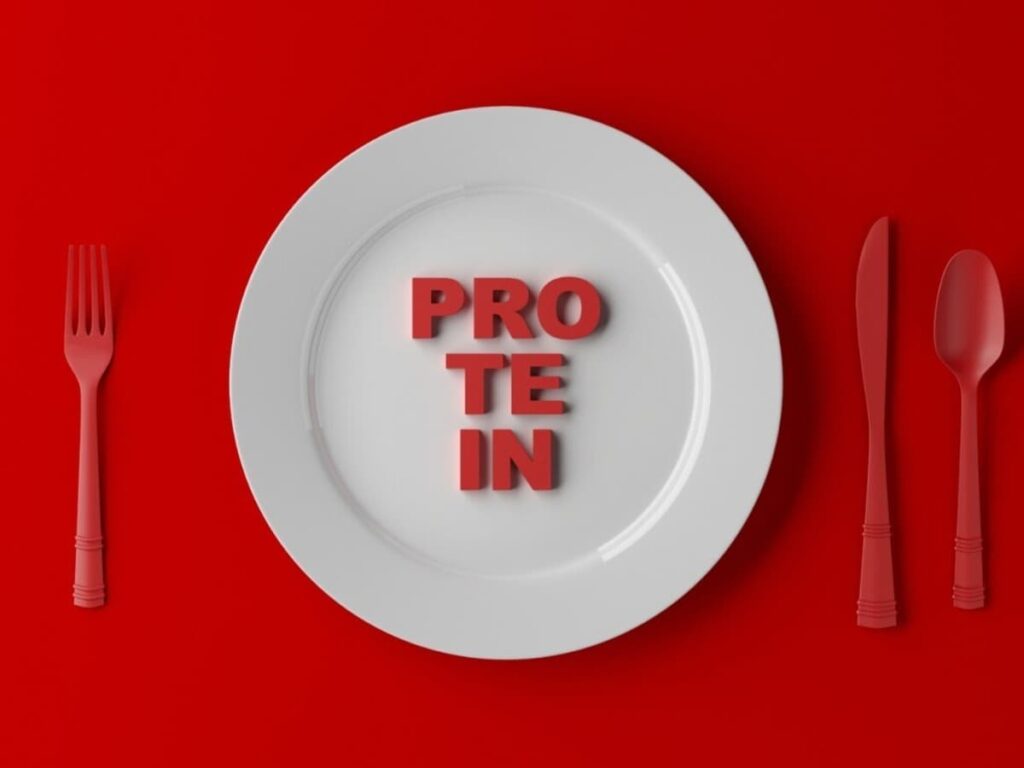Introduction
When it comes to weight loss, protein intake plays a crucial role. Incorporating an adequate amount of protein into your diet can help in maintaining muscle mass, enhancing metabolism, and promoting satiety. However, many individuals make simple yet significant mistakes when adding protein to their diets, which can result in weight gain and nutrient deficiencies. This article explores the common pitfalls associated with protein intake and provides insights on how to optimize your protein consumption for effective weight loss.
Common Mistakes in Protein Intake
1. Underestimating Protein Needs
One of the most frequent mistakes is not consuming enough protein. Dietary guidelines generally recommend a protein intake of 0.8 grams per kilogram of body weight. However, for those aiming to lose weight or build muscle, a higher intake of around 1.2 to 2.0 grams per kilogram may be necessary. This ensures muscle preservation and satiation.
2. Over-Reliance on Processed Protein Sources
While convenience foods like protein bars and shakes are popular, they often contain added sugars and unhealthy fats. Opting for whole food sources, such as lean meats, fish, eggs, dairy, legumes, and nuts, is essential for maximizing nutrient absorption and avoiding unnecessary calories from preservatives.
3. Ignoring the Timing of Protein Consumption
Many individuals neglect when to consume protein. Spacing out protein intake throughout the day can optimize muscle protein synthesis. Aim for a balanced intake every 3-4 hours, especially post-workout, to aid in recovery and muscle growth.
4. Not Considering Protein Quality
Not all protein sources are created equal. It is important to focus on high-quality protein sources that provide all essential amino acids. Animal proteins such as chicken, fish, and eggs are complete, whereas many plant-based proteins may lack one or more essential amino acids. Combining different plant proteins can help achieve a complete amino acid profile.
5. Overlooking Hydration
Protein metabolism requires adequate hydration, yet many people forget to increase their water intake as they boost their protein consumption. Insufficient water intake can lead to digestive issues and reduced kidney function. Aim for at least 8-10 cups of water daily or more based on activity levels and protein intake.
Table: Recommended Protein Sources and Their Benefits
| Protein Source | Protein per 100g | Health Benefits |
|---|---|---|
| Chicken Breast | 32g | Low in fat, rich in vitamins B6 and B3 |
| Eggs | 13g | Rich in choline and antioxidants |
| Greek Yogurt | 10g | Probiotic content promoting gut health |
| Lentils | 9g | High in fiber and minerals, low in calories |
| Almonds | 22g | Rich in healthy fats, vitamin E, and magnesium |
Conclusion
Incorporating protein into your weight loss diet is essential, but it is equally important to avoid common mistakes that can hinder your progress. By understanding your protein needs, choosing high-quality sources, timing your intake effectively, and ensuring proper hydration, you can enhance your weight loss journey. Being mindful of these factors will not only help you to achieve your desired weight but also support overall health and well-being.
